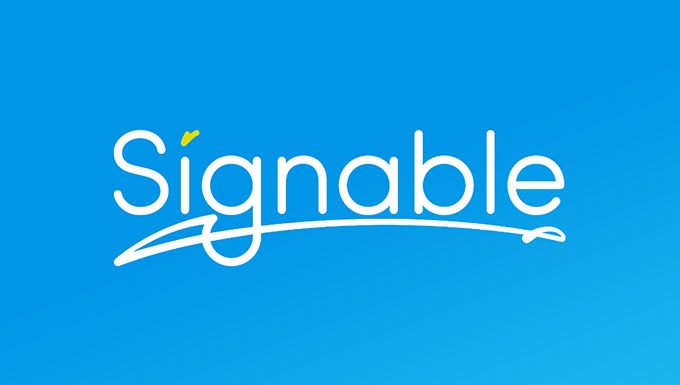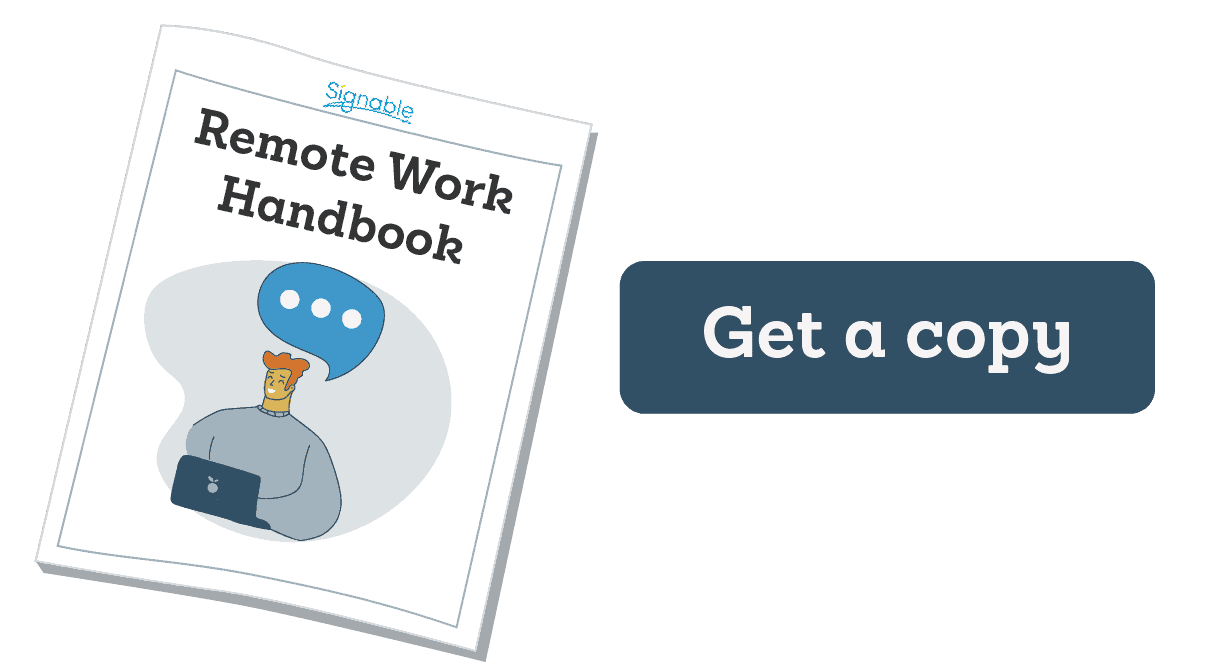Recruitment’s ‘New Normal’? – How To Do Virtual Interviews

Published:
Recruiting during a crisis – Who’s been affected?
As we’ve seen all over the news, key sectors are rapidly recruiting short-term or temporary staff to help battle the impact of the current crisis. With the supermarket and grocery industry up by 450% and the healthcare industry up by 345%, most recruiters are able to carry on using virtual interviews.
But, that’s not the case for every industry. Travel, hospitality and non-essential retail to name a few are struggling to keep the staff they already have, never mind recruiting more.
David Smith of Avanti Recruitment says they’ve had a drop in vacancies across the whole UK.
“We’ve seen a significant reduction in the number of live vacancies across the whole of the UK and as you might expect in the more unfortunate sectors such as travel and hospitality we have seen quite a few redundancies.”
“On the positive side the companies that are hiring seem to be extremely motivated and are moving quickly.”
However, as lockdown relaxes many are thinking of the future and hiring new employees may help them make up for the lost time.
How have recruiters been affected?
We spoke to some recruiters to see how they’d been affected by lockdown. Jo Finnerty, founder and director of Joanne Finnerty Recruitment, says they’ve been able to carry on, and they’ve been impacted a bit less than other sectors. Even still they’ve felt the pinch of having to Furlough employees.
“For us, we have had our temporary staff still out working for some of our clients who supply into the NHS and all our other vacancies were placed on hold.”
“Our staff are all set up to work from home anyway so that hasn’t been that big an impact for us, although we do all miss being in the office together.”
“Some of our confirmed permanent starters were cancelled but some of them did start for our homecare clients for their Head Office support staff. “
“I liaise with many other recruiters and a lot of them were in exactly the same situation as us.”
“But, in the last couple of weeks, as we have received temporary, fixed term and permanent vacancies I’ve been able to bring staff back in off furlough on a rota basis. So that has been great.”
Should you start to employ new staff for after lockdown?
It seems as many businesses gear up for a post-lockdown surge, they’re planning to take on more staff to help manage. But, Jo advises against “knee-jerk” hiring.
“My advice to all companies is to dissect their current job/person specs and really decide what is needed in their business right now and going forward.”
If you do assess a gap in your workforce, David says that there couldn’t be a better time to hire highly-skilled recruits.
“If you look at some of the companies that are having to let people go there are some really big names who have a great reputation for hiring exceptional people such as Umber, Rolls-Royce and OVO.
This means there is a lot of extremely talented people looking for work that you wouldn’t normally have access to.
On top of that because people are working from home we are seeing that people are much more open to having a conversation and arranging interviews is much easier. If you can hire it really is an excellent time to be doing so.”
How to employ new staff
What should you be doing if you are looking to hire new staff? With Jo’s 25 year recruitment experience, she has a few pointers.
“Properly written job descriptions and person specifications are paramount to effective recruiting.”
Jo says a culture fit is one of the biggest things you need to ensure, aside from job skills and qualifications. This goes for even when we’re out of lockdown, culture is still a hugely important hiring aspect.
But, how do you convey culture virtually? Jo has an answer for that too.
“What the client (company) can do is to have videos on their website giving a virtual tour of the business and to have employee interviews visible is key – ie ‘Why I work here’ style videos.”
David from Avanti Recruitment says that getting the paperwork done electronically is a life-saver, and means you can get detailed documentation fast.
“On the contract side of things Signable is really handy for getting contracts signed, and if you are required to see IDs before someone can start the government has also relaxed the DBS ID checking guidance so you no longer need to do that in person.”
Best practices for virtual interviews – Testing a culture fit
To assess whether the candidate is a good culture fit for the business, this where the virtual interview will play its part – How the candidate interacts, how prepared they are and how they answer competency-based questions.
Jo says that for this to be fully effective you as the employer should “have ready a set of competency-based questions that relate to that particular role.”
Avanti Recruitment has drawn up a useful whitepaper guide to help employers through the virtual interview process, but David says that opting for 2 well-planned video calls can replicate the traditional interview process quite well.
But, for permanent hirings, he does advise to set out what the working from home will look like.
“It’s also important to be clear to candidates what the job will look like in the short term while we are WFH and in the long term when things are back to normal or you may hire someone that isn’t right long term.”
Times are changing for employers & employees
Even with some businesses undertaking virtual interviews, it spells a change for everyone. Recruiters and employers have seen a surge of employees changing career paths during lockdown. Specifically, Jo outlines candidates expressing the desire to work from home permanently, either for less commute or to set up their own business.
It also seems many have been impacted by the heroism of the NHS and wanting “a complete career change from working in an office to nursing and care working roles”.
However you frame the ‘new normal’ we’re about to head into, work and recruitment are undergoing a huge change to adapt to it.
“These last 8 weeks have given employees lots of thinking time to consider their future careers. It has also given employers an opportunity or a necessity to restructure or even sell their businesses.”
David Smith agrees that the change we’re seeing business undergo will continue long after lockdown lifts.
“We’ve also seen a high percentage of companies adapt quickly to remote working which is really encouraging to see and a trend which I believe will continue even after lockdown is over.”
“This is a time for change for a lot of businesses and employees.”
